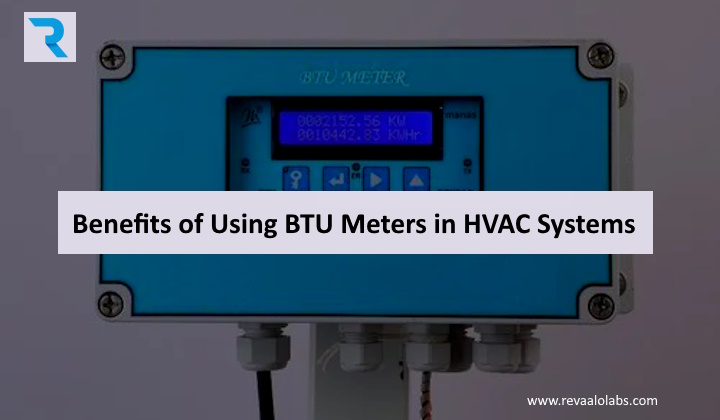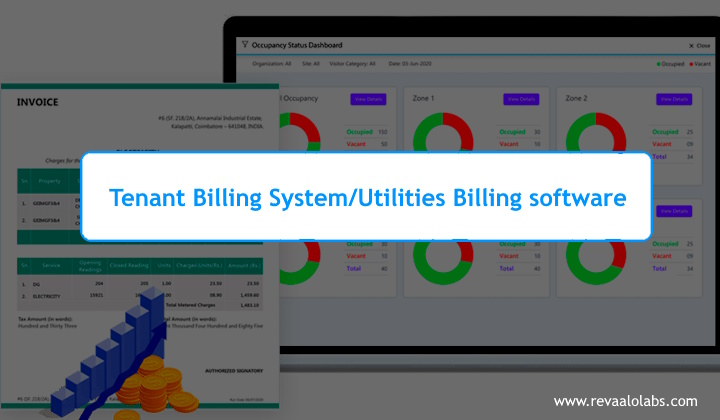#BTUMeters #HVAC

Using BTU (British Thermal Unit) meters can provide numerous benefits for HVAC (Heating, Ventilation, and Air Conditioning) systems, including improved energy efficiency, accurate billing, and effective management.
Here are some key benefits of incorporating BTU meters in HVAC systems:
Accurate Energy Measurement:
In heating and cooling processes, BTU meters provide precise measurements of thermal energy exchanged. Making informed decisions about energy consumption requires this accuracy for accurately assessing energy consumption, optimizing system performance, and optimizing system performance.
Efficient Energy Management:
Energy consumption can be monitored in real time by facility managers and building operators using BTU meters. Using this data, proactive measures can be taken to reduce waste and optimize system efficiency.
Cost Savings:
Inefficient energy use can be identified by accurately measuring energy consumption. HVAC systems can be optimized to reduce energy consumption, resulting in significant cost savings on energy bills over time.
Billing Accuracy:
When energy is shared between multi-tenant buildings or properties with shared HVAC systems, BTU meters enable accurate billing based on individual energy usage. In this way, tenants or occupants are protected from disputes and energy costs are fairly distributed.
Load Balancing:
BTU meters provide insights into how different zones or areas within a building use energy. This information helps facility managers balance heating and cooling loads, ensuring even comfort levels and minimizing the strain on the HVAC system.
Maintenance Planning:
By monitoring energy consumption through BTU meters, anomalies and performance deviations can be identified. With these early warnings, preventative maintenance can be conducted timely, minimizing downtime and preventing system breakdowns.
Data-Driven Decision Making:
BTU meter data provides valuable insights for informed decision making. Facility managers can assess the impact of adjustments to temperature setpoints, occupancy schedules, and equipment upgrades on energy consumption and comfort levels.
Verification of System Performance:
Using BTU meters, you can verify the performance of newly installed or upgraded HVAC equipment. Using actual energy consumption as a measure of system effectiveness, contractors and engineers can validate the efficiency of a system.
Sustainability Initiatives:
The implementation of BTU meters promotes energy efficiency and is aligned with sustainability goals. Reducing carbon emissions and reducing the environmental footprint are made possible through accurate energy measurement and optimization.
Compliance with Energy Codes and Regulations:
Many jurisdictions have energy codes and regulations in place that require energy efficiency and accurate energy measurement. Using BTU meters helps HVAC systems meet these requirements and ensures compliance.
Transparency and Accountability:
The use of BTU meters fosters transparency between building owners, tenants, and energy service providers. Accurate energy data encourages accountability for energy usage and encourages conservation efforts.
Long-Term Investment:
While there is an initial cost associated with installing BTU meters, the long-term benefits in terms of energy savings and operational efficiency make it a valuable investment that can lead to significant returns over time.
The use of BTU meters in HVAC systems enhances energy management, enables better decision making, and contributes to building sustainability and efficiency.
If you have any requirement related to BTU Meter with your platforms feel free to connect with Revaalo labs your one stop solution for Digital Transformation needs.

One of the most critical decisions website developers must make is deciding what unit of measurement to use when sizing elements, fonts, and other design properties.
Read more
It`s an amazing technology-one that will help us solve society`s toughest problems and reshape the world.
Read more13
December

Today, web browsers play a significant role in our lives, providing us with access to a world of information and possibilities.
Read more
Power BI is a popular business intelligence tool developed by Microsoft for data visualization and analysis. While Power BI is a robust solution, there are several alternatives available that cater to different needs and preferences.
Read more09
October

Tenant billing systems are software solutions used by property owners, managers, and landlords to accurately bill tenants for their usage of utilities and services.
Read more